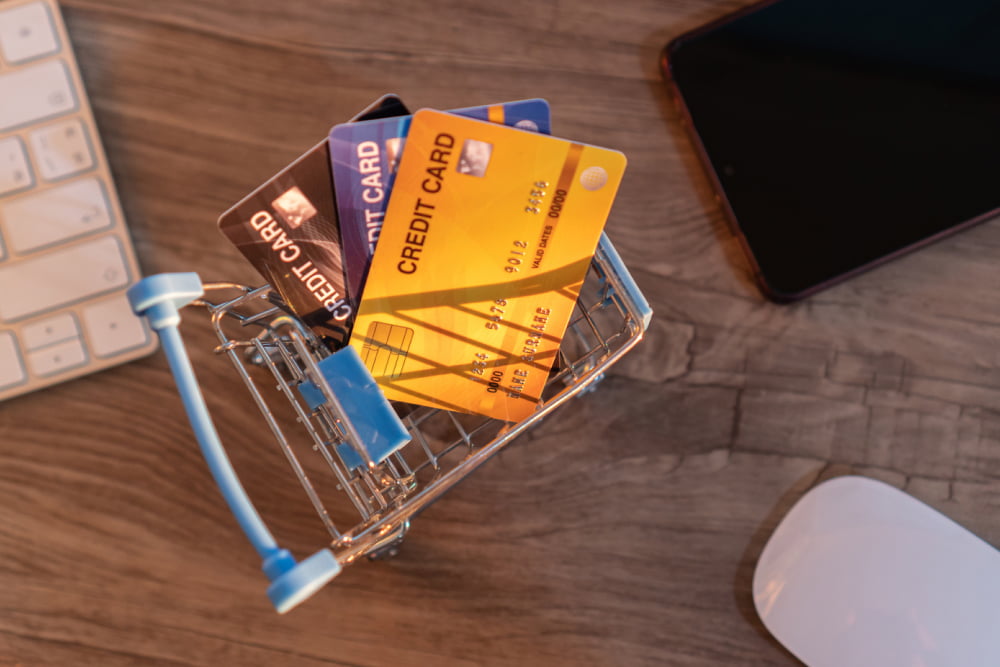8 mistakes to avoid while using debit cards

Debit cards are handy payment cards, especially for those who do not want all their transactions to involve credit cards or other pay-later options. Debit cards also help in sticking to a budget and eliminating the burden of credit card bills and the associated delayed bill payments. However, certain missteps in using these payment cards can dampen the experience and lead to financial issues. So, here are common mistakes to avoid while using debit cards:
1. Using out-of-network ATMs
Debit cards can be used in two ways: making direct payments or using cash withdrawn from the ATMs. Both of these modes of payment are easy options. However, one may want to access an ATM closest to them without checking if it is in-network—i.e., it is operated by the individual’s bank. Using out-of-network ATMs will make one incur unnecessary transaction fees every time they withdraw money. So, one should stick to ATMs that are owned by the card issuer to avoid paying additional fees on withdrawals.
2. Not tracking debit card balance
Balance is one of the key things to monitor while using a debit card. With every transaction, one should keep an eye on the remaining balance. Failure to do so can lead to problems like failed transactions or not having enough balance while trying to make a payment. This can be an awkward situation if one does not have other payment options like cash or credit cards handy at the time. So, one should always check if the card has enough balance before making an online payment or heading out to the store or to the checkout counter.
3. Writing down the card PIN
One should avoid writing down their card PINs and carrying the information around, as this practice makes them vulnerable to theft and fraud and compromises the security of their account. The stakes are higher with debit cards as they can provide direct access to a bank account and other sensitive personal details. In case someone gets ahold of this pin in the individual’s wallet or phone, they have the power to drain their entire account. If one has a difficult time remembering the PIN, they can write it down in code that is personal and cannot be easily deciphered by others.
4. Overlooking failed transactions
Often, when one tries to make payments with their debit card, the transactions can fail or crash midway. However, certain failed attempts end with a successful transaction, i.e., the money is debited from the account. If one does not check the balance and notices the missing amount, they may end up making a payment again and end up paying the seller or service provider double the money. Transactions can fail due to network issues or technological errors and sometimes the money debited in the process can be refunded in a few hours or days. However, one should follow up on the refund and avoid assuming the issue will resolve on its own. Sometimes, one may have to reach out to customer support offered by the seller, payment gateway, or bank to get a refund. If one delays seeking support, they may never get the money back.
5. Forgetting about automated transactions
Automated transactions can be extremely beneficial to avoid missing payment deadlines and reduce the hassle of repetitive transactions every month. Automating certain transactions means that no matter where the user is, their bills will never be delayed. However, forgetting about automated transactions and not keeping track of them would lead to unwanted surprises. One must keep an eye on debit card statements and verify the amount to avoid any faulty or unauthorized transactions, overpayments, and frauds. One may want to disable some automated transactions if they want to cancel a service or use available funds for other products or services.
6. Using public Wi-Fi for online payments
Public Wi-Fi may not be safe and can expose confidential information to threats like theft and misuse. So, while accessing personal data and making online transactions, one should use a secure VPN or private Wi-Fi connection. Public and open Wi-Fi offers low security and makes it easier for hackers to attack unsuspecting users. When a user is using the same network as the hacker to enter their card and other personal details, it only takes a few minutes for hackers to access debit card information and use it to steal money from the user’s bank account.
7. Ignoring hidden fees
Debit cards make it extremely easy to shop anywhere without worrying about crossing the credit limit or delaying credit card payment. This is because, with debit cards, the expenses are deducted from the user’s bank account. However, there can be some additional charges one should consider here. Sometimes, back may charge quarterly or annual fees on debit cards. Further, renewal and replacement of these cards can cost the user. So, one should account for these charges, as they can pile up and cost more than what the user had bargained for while getting a debit card.
8. Buying big-ticket items
While using a debit card while shopping can help one avoid overspending, buying a big ticket with a debit card may not be the best idea. This is because if one wants to return the item, the payment reversal with a debit card can only be put into action after the merchant has approved it. This means one has to repeatedly speak to the merchant and wait for their approval for the refund. So, one may want to use credit cards for such purchases.



